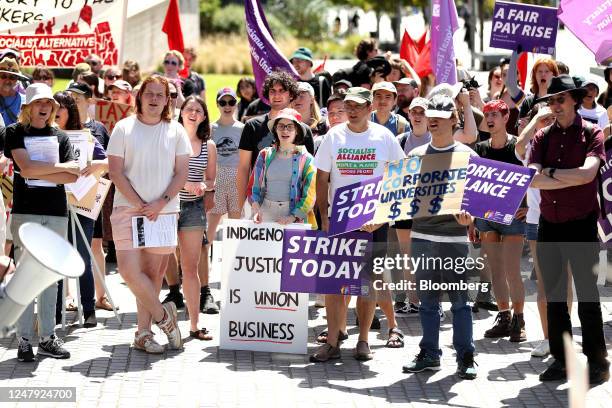
A Nation at a Crossroads
Australia stands on the brink of a profound shift, one that could mark the last election where two major parties—along with their allied factions and so-called “independents”—hold sway over the political landscape.
Over the past five decades, a subtle but relentless transformation has reshaped the nation, driven by economic imperatives, unchecked consumerism, and a failure to address systemic issues.
The “Asian creep,” as some call it, reflects the growing influence of countries from India to ASEAN, China, and Japan—an influence met with little resistance from settled Australians. This is not a sudden invasion but a gradual tide, rooted in historical policy shifts and economic choices aided by indolence and arrogant presumptions, the good times are forever.
The Roots of Change

The seeds of this transformation were sown in the 1970s with the Whitlam government’s dismantling of the “White Australia Policy” and giving formal recognition to Aboriginal rights. These changes opened the door to a multicultural Australia but also ushered in an era of economic dependence on Asia.
The West’s addiction for cheaper goods and higher profits fueled outsourcing and reliance on Asian labor and markets. Australia’s need for low cost labor dovetailed with Asia’s industrial prowess, creating a symbiotic yet unequal relationship.
Today, Asian investors own significant stakes in Australian mines, reaping profits despite high local labor costs while Australians fuel Asia’s economies with their insatiable demand for cheap consumer goods—often disposable items like branded fashion items and mobile phones that lose their value within months.
A Divided Nation
Internally, Australia is fractured. Unions, once champions of workers’ rights, now compete with divisive identity politics, gender debates, and racial tensions. Successive governments, both Labor and Liberal, have pacified self-interest groups with funding, further entrenching division.
Meanwhile, critical issues like homelessness and decaying infrastructure—crumbling highways, overcrowded hospitals, and a shortage of doctors, nurses, teachers and tradies—are met with empty promises. Every election cycle, politicians pledge to rebuild, repair, and reform, yet deliver little beyond token gestures.
The housing crisis exemplifies this neglect. Foreign buyers, often from Asia, snap up Australian properties, driving prices beyond the reach of locals. While families struggle and some sleep on the streets, the profits from these sales are unevenly distributed, exacerbated by an outdated family law system that unfairly divides assets in divorce. Neither major party has tackled this growing inequity with conviction.
The Economic Trap

Australia’s consumerism lies at the heart of its predicament. The nation spends heavily on foreign goods, funneling wealth back to Asia while failing to curb its appetite for frivolous purchases. This cycle leaves Australia in a “no-win” situation, unable to control its economic dependency or reinvest in its own future. Economists parrot familiar solutions—curbing inflation, creating public sector jobs, tweaking interest rates—but these measures barely scratch the surface of the deeper structural issues.
A Quiet Political Shift
What confounds observers is the lack of meaningful resistance from Australia’s settler population. While some protest immigration, blaming it for job losses, the reality is more complex: the jobs in question often don’t exist, they have been outsourced even by government, and media fearmongering keeps the public distracted.
In the background, minor parties and emerging ethnic-based political groups are gaining traction, quietly reshaping Australia’s parliament. These groups represent a growing diversity of voices, but their rise goes largely unnoticed by a population lulled into complacency.
The Road Ahead
Something is stirring in Australia, but few seem consciously aware of it. The nation faces a critical juncture: will it confront its economic dependencies, address its social divisions, and invest in its infrastructure and people? Or will it continue to drift, allowing external influences to shape its destiny? The next election may well be a turning point—one that determines whether Australia reclaims its agency or cedes it to the forces that have quietly redefined it over decades.
This is not a call to fear but a call to awareness. Australia’s future depends on its ability to see the bigger picture and act with purpose.
Eric Kwan
EK is a former political staffer at a Singapore based private think tank- He writes under an assumed name

